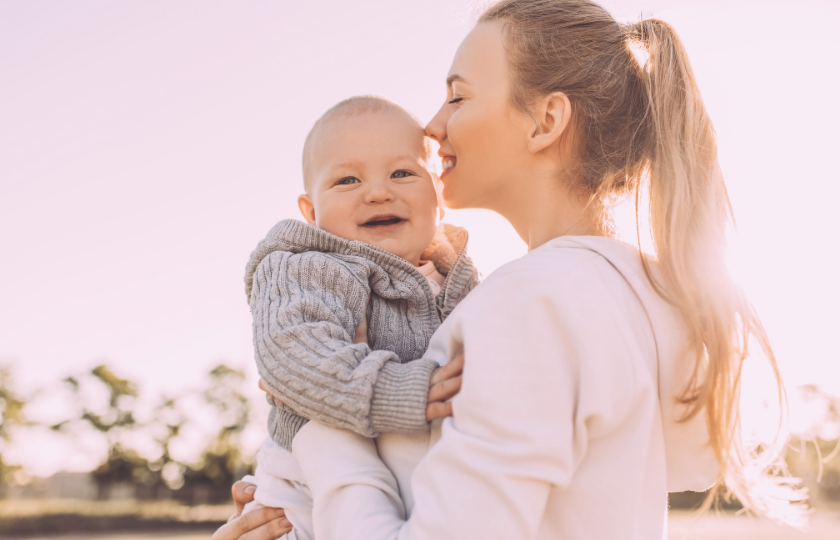Becoming a new parent can be a hurricane of excitement, anticipation, and panic. It’s easy to get carried away with shopping, planning and preparing for their arrival – so it’s no surprise new mums might not have time to consider the impact newborns may have on the environment.
On average, a baby uses 2500 diapers and 3000 baby wipes during a single year. It takes 500 years for an average diaper to fully decompose. Baby wipes? 100 years. Furthermore, there are tonnes of harmful chemicals in plastic bottles, toys, and other baby products out there that end up in landfills.
With that in mind, adopting eco-friendly parenting to help reduce waste can be incredibly beneficial. To all expectant mums (and dads) out there, Viable.Earth shares seven sustainability ideas that can help you raise your baby in an eco-conscious and progressive environment.
Seven simple sustainability ideas for new mums (or dads)
Idea #1 – Accept hand-me-downs

Most parents want to give the world to their children. It’s difficult to quell the urge to buy your baby’s newest and coolest toys, clothes, and accessories.
But then again, as tempting as it is, it can be detrimental to the environment.
Accepting hand me downs is one of the best ideas you can incorporate into your parenting. Babies encounter many milestones and usually outgrow their clothes and toys fast – long before they are worn out and ready to discard.
So if you know someone who has a child who has “grown out” stuff, this is one of the things you can do.
Idea #2 – Use the right diapers
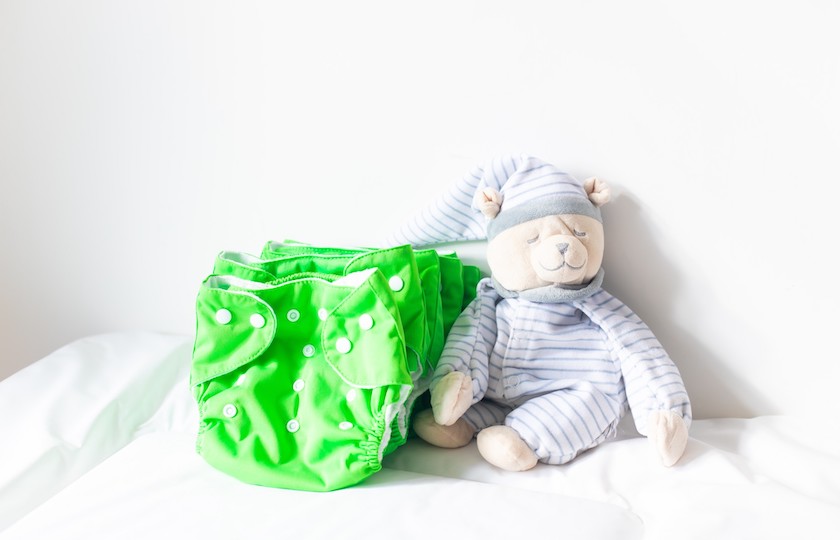
Around 3 billion diapers contribute to landfills each year in the UK alone. Leaning towards buying sustainable diapers or reusable ones can be an amazing way to become a more eco-friendly parent.
Reusable diapers are made of cloth, well-padded, and fastened with velcro or poppers. Additionally, the materials they are made from help get rid of waste quickly to make it easier to clean.
Using reusable diapers can help the environment – and save money. Normal disposable diapers are estimated to cost around US$800 over the course of a baby’s development – in contrast, reusable ones would cost from $200 to $300.
Idea #3 – Make your own baby food
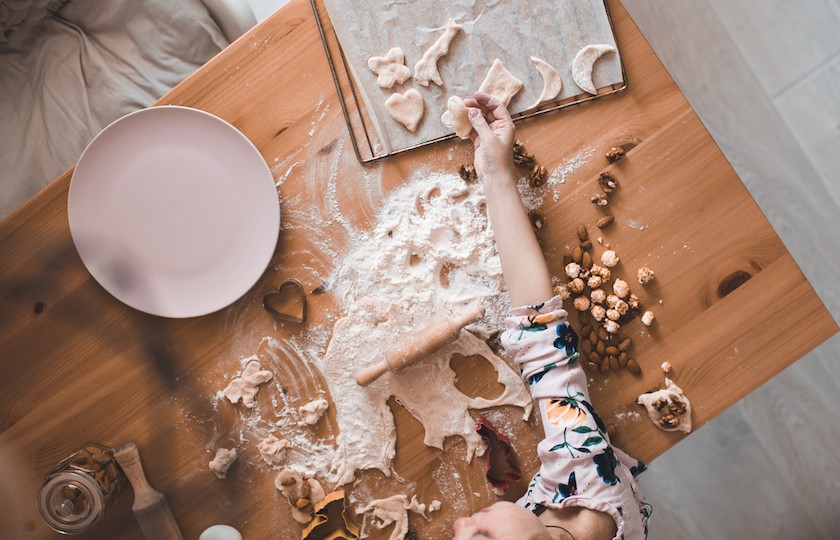
Getting the right diet and nutrition is critical in raising a child. And usually, store-bought baby food, including its packaging, often come with chemicals or additives.
If your baby is at the age where they can comfortably eat baby food aside from milk, then pureeing vegetables and other types of healthy food can be an excellent alternative.
Idea #4 – Ditch individually wrapped snacks.
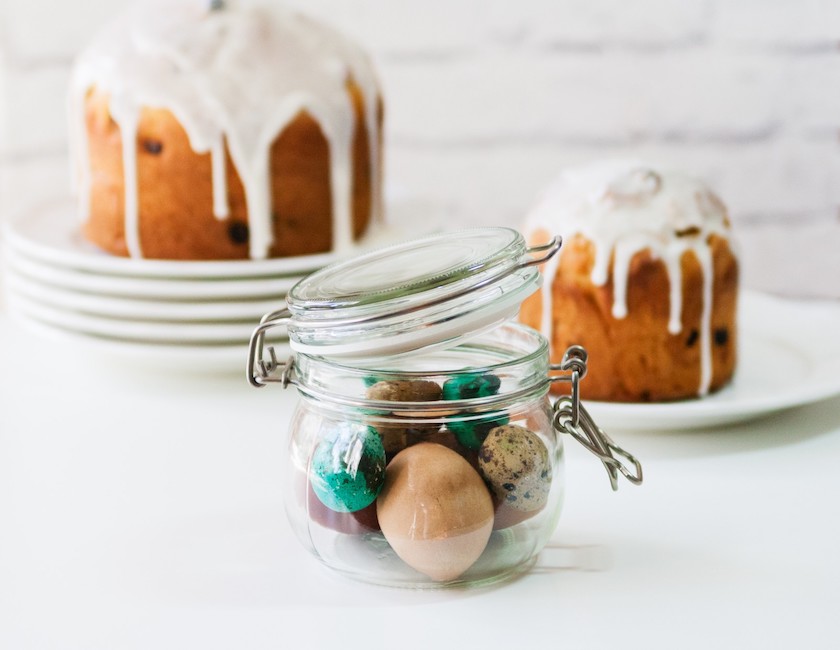
While purchasing individually wrapped snacks for our kids may seem convenient, you can help both your environment and your bank balance more when you buy in bulk. It’s less wasteful, and you can just pack the food yourself in BPA-free plastic containers or reusable glass jars.
Idea #5 -Shop for sustainable toys
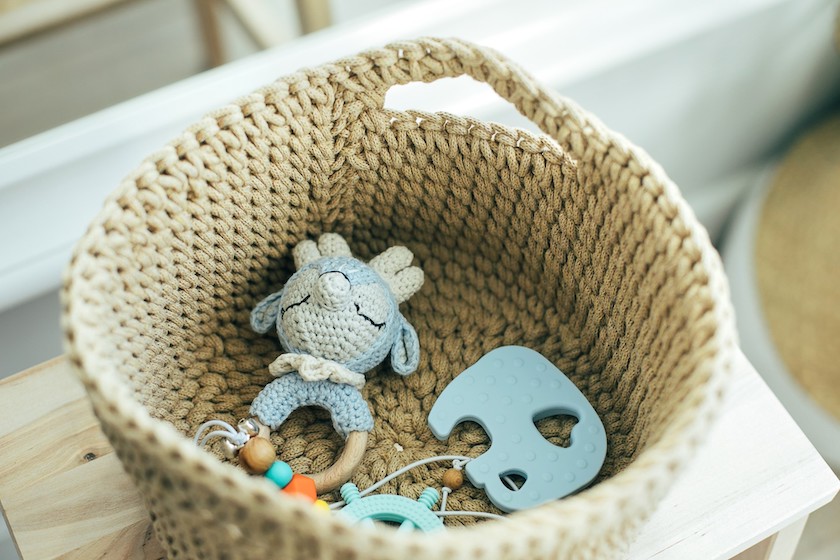
There are many sustainable toys made with natural materials without PVC or other toxic or harmful chemicals, and some need no packaging.
Technically, since most of these sustainable toys are made from wood and aren’t battery-powered, it’s an added bonus lessening the environmental waste of batteries.
Additionally, they are cost-effective and long-lasting. So sustainable toys for your baby can be a great investment.
Idea #6 – Say no to plastic bottles.
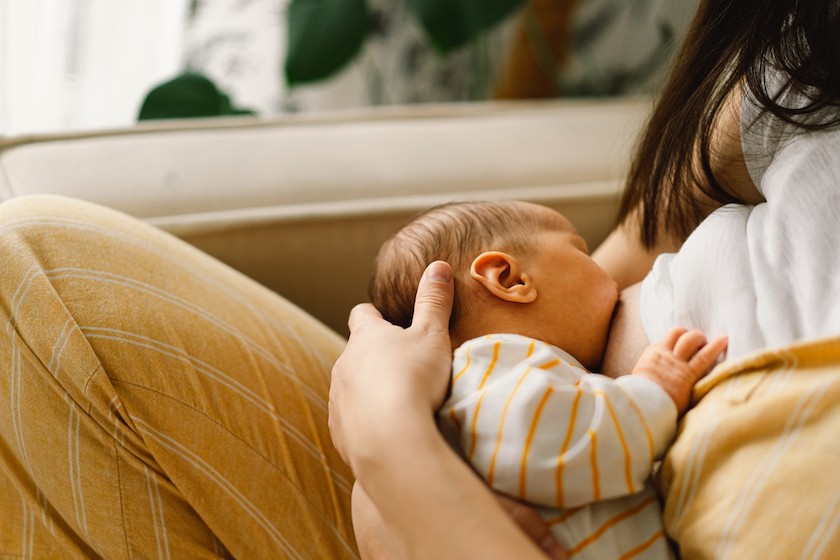
Breastfeeding is always great for babies. Not just because of the superior nourishment and immunity it provides, but also how friendly it is to the environment – there are no bottles to wash, for starters. However, not everyone is able to breastfeed – that’s why formula and bottles have their place.
Once upon a time, glass bottles were the prime choice for babies to use, replaced by plastic bottles which were seen to be more durable and lighter. However, more recent research shows how plastic baby bottles may contain harmful toxins such as BPA (Bisphenol A).
Glass bottles are still available, however for those who are uncomfortable using glass, stainless steel baby bottles and sippy cups that are 100 per cent plastic-free offer another alternative.
Idea #7 – Opt for baby clothes made from biodegradable or compostable material
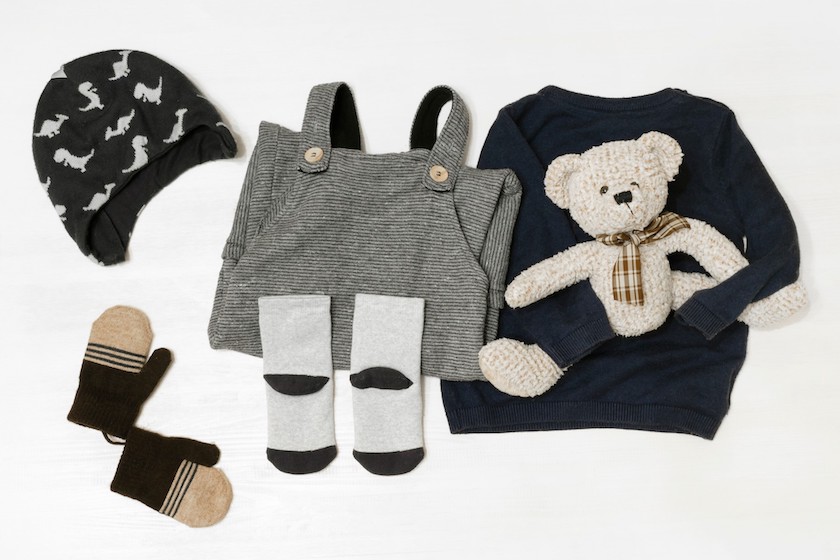
When buying new clothes for the baby, opt for green baby clothes. There are a lot of small businesses nowadays that make eco-friendly baby clothes using safer materials such as 100 per cent cotton, linen, or bamboo.
Final thoughts
Having children, taking care of them, and seeing them grow is among the most fulfilling things you can ever experience in a lifetime.
Every parent wants what’s best for their kids and their future, so part of their responsibility – aside from taking care of their children – is taking care of the planet to ensure the earth will continue to thrive long enough for the next generation to have a future in it.

